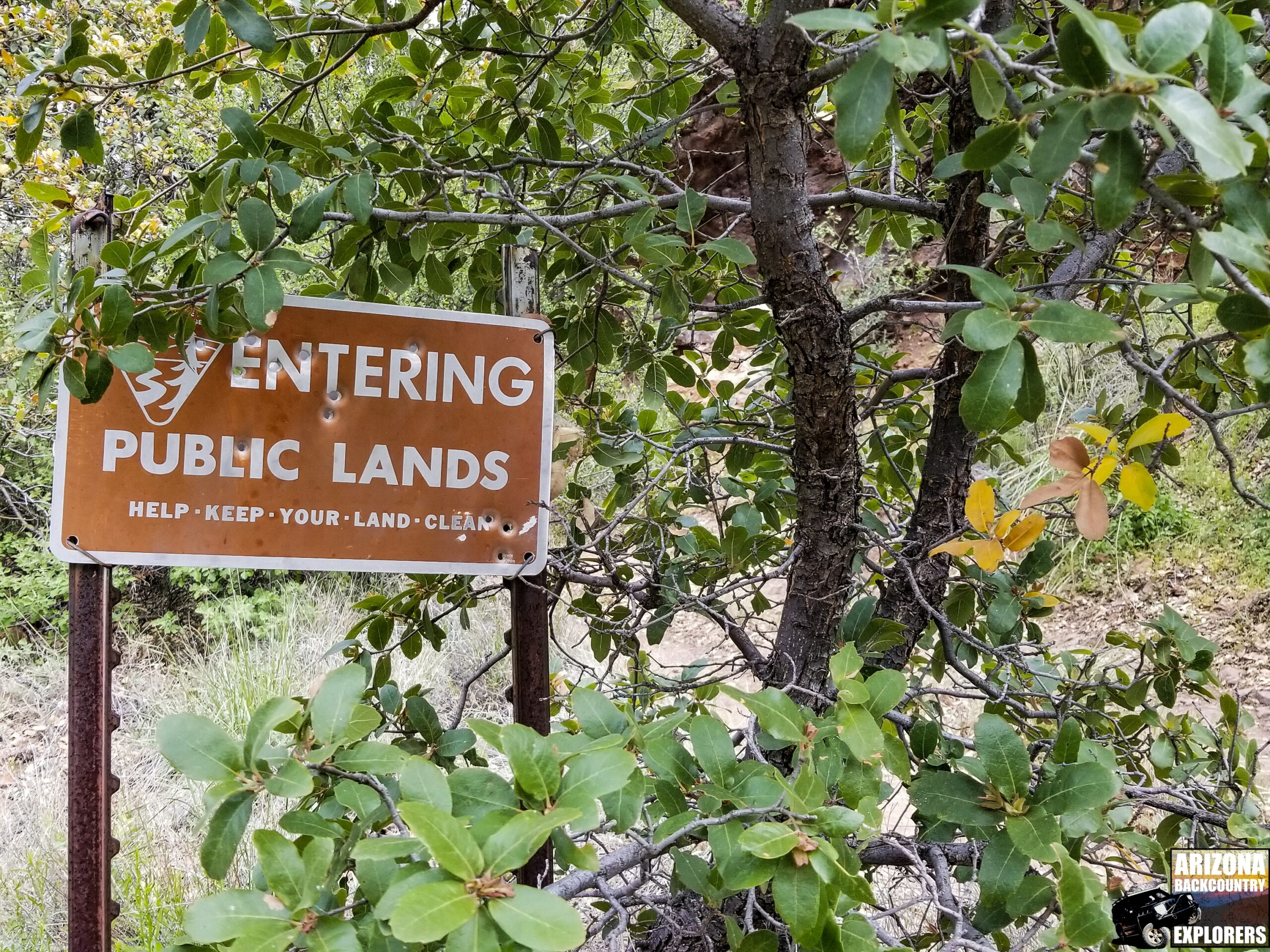Your cart is currently empty!
Posted in
Which Side Will Colorado Be On?
by on FEBRUARY 4, 2022
Sometimes as part of a dire prediction, someone will say, “I hope I’m wrong, but…”
When I heard about a new petition for the U.S. Supreme Court to hear another appeal on the extent of federal jurisdiction over water – the perennial “Waters of the U.S.” (WOTUS) issue, I did not think the nation’s highest court would agree to hear the case. That’s partly because the justices agree to hear less than one percent of the cases brought to them, and also because EPA argued that the case is not “ripe,” because the agency will soon finalize another new WOTUS rule. That argument is usually persuasive to a court that is habitually reluctant to rule on anything it doesn’t yet have to. But to almost everyone’s surprise, last week the Court granted the petition, agreeing to hear the case – Sackett v. EPA – and reconsider the issue. The court denied 129 petitions, and granted only four, including this one. That raises the possibility that the question could finally be settled.
The confusion and inconsistency resulting from two opposite federal court rulings on WOTUS is among the greatest threats to Colorado water during my lifetime. The dispute represents a grave danger to the historic doctrine – reinforced many times over the past century – that water belongs to, and is controlled by, the states. The exception to that fundamental principle is the Clean Water Act, which created federal authority to regulate “navigable waters of the U.S.,” meaning major rivers, bays, inter-coastal waterways, and oceans, which involve interstate commerce. The law remained clear that inland waters belong to the states, and Congress has never attempted to change that. But presidents and regulators have tried to do so, leading to the court case that began this roller-coaster of confusion and contradiction.
That now-famous 2006 case, Rapanos v. United States, produced two competing definitions of “waters of the U.S.” in a strangely muddled 4-1-4 decision – two different views of where federal jurisdiction begins and ends. Four Justices shared the plurality opinion, written by Antonin Scalia, that the law covers wetlands only if they have a continuous surface connection to a river, lake or other major waterway. A fifth, Anthony Kennedy, agreed with the ruling, but with different reasoning, and wrote his own opinion – joined by no other Justice – saying the Clean Water Act covers all wetlands with a “significant nexus” to the larger bodies of water. What is “significant nexus?” Who knows – there is no such term in the Clean Water Act.
Nevertheless, the Obama EPA relied on the lone opinion of Justice Kennedy, in creating one of the most egregious power grabs in environmental history, asserting federal jurisdiction over every stream, rill, brook, creek, rivulet, backwater, stock pond, and parking lot drain in the country. It started a legal war with many states, though none had more to lose than Colorado, in terms of water.
Colorado helped lead the legal challenge, joined by half the other states, with full support of the Democratic legislature and then-Governor Hickenlooper. A federal Court of Appeals agreed, ruling that EPA had exceeded its statutory authority and blocking it in all 26 states. A different federal court disagreed, so the rule was blocked in 26 states and implemented in 24. Then the Trump Administration repealed the rule, issuing a new one based on the original plurality Supreme Court opinion, as Colorado had demanded. It was a hard-fought and enormously important victory for the State. But then, something unheard-of in the West happened.
Confounding generations of Colorado leaders, who always viewed protecting Colorado’s water as a non-partisan duty, newly-elected State Attorney General Phil Weiser filed an exactly-opposite suit seeking reinstatement of the Obama-era interpretation – federal control over Colorado water (he lost in court). That bizarre action defied the 2016 “Colorado Water Rights Protection Act,” passed unanimously by the Democratic legislature and signed by Hickenlooper, strongly opposing federal control. The Act re-asserted the constitutional principle that waters of Colorado belong to the people of Colorado, and are administered under State law.
There are no navigable waters in Colorado involving interstate commerce. EPA’s claim of jurisdiction, despite that obvious fact, may not be new (landowners have dealt with it off-and-on for decades), but it is nevertheless contrary to law. The Supreme Court finally has a chance to make that clear.
Predictably, many organizations will file briefs and opinions in this case, including states. Which side will Colorado be on this time? Will its officials defend its water, or knuckle under to federal control?
Click here to see the post on GregWalcher.com
Subscribe to RANGE magazine
Call 1-800-RANGE-4-U
The post Colorado has everything to lose if SCOTUS rules badly on WOTUS appeared first on RANGEfire!.
Tags:
You may also like…

Visit the AZBackroads.com Store

Please Become A Member
We need your help to keep our backroads open. Please join today!




